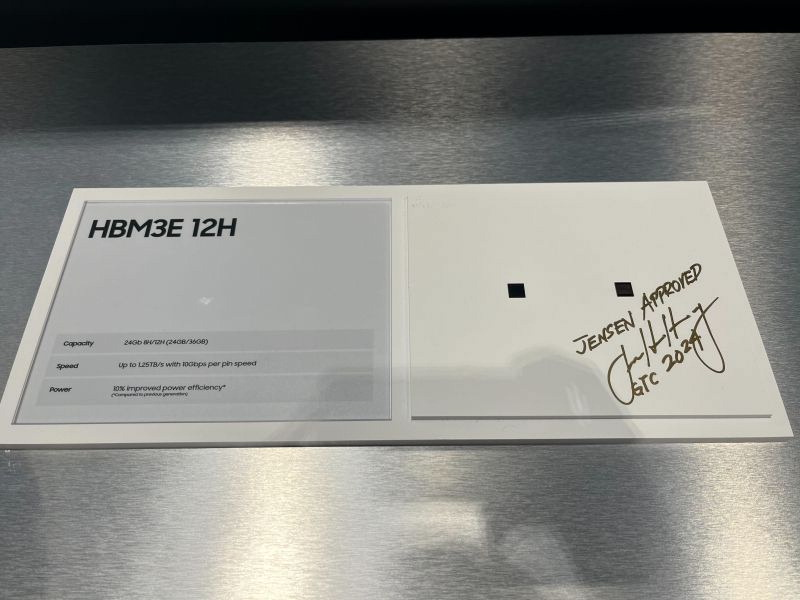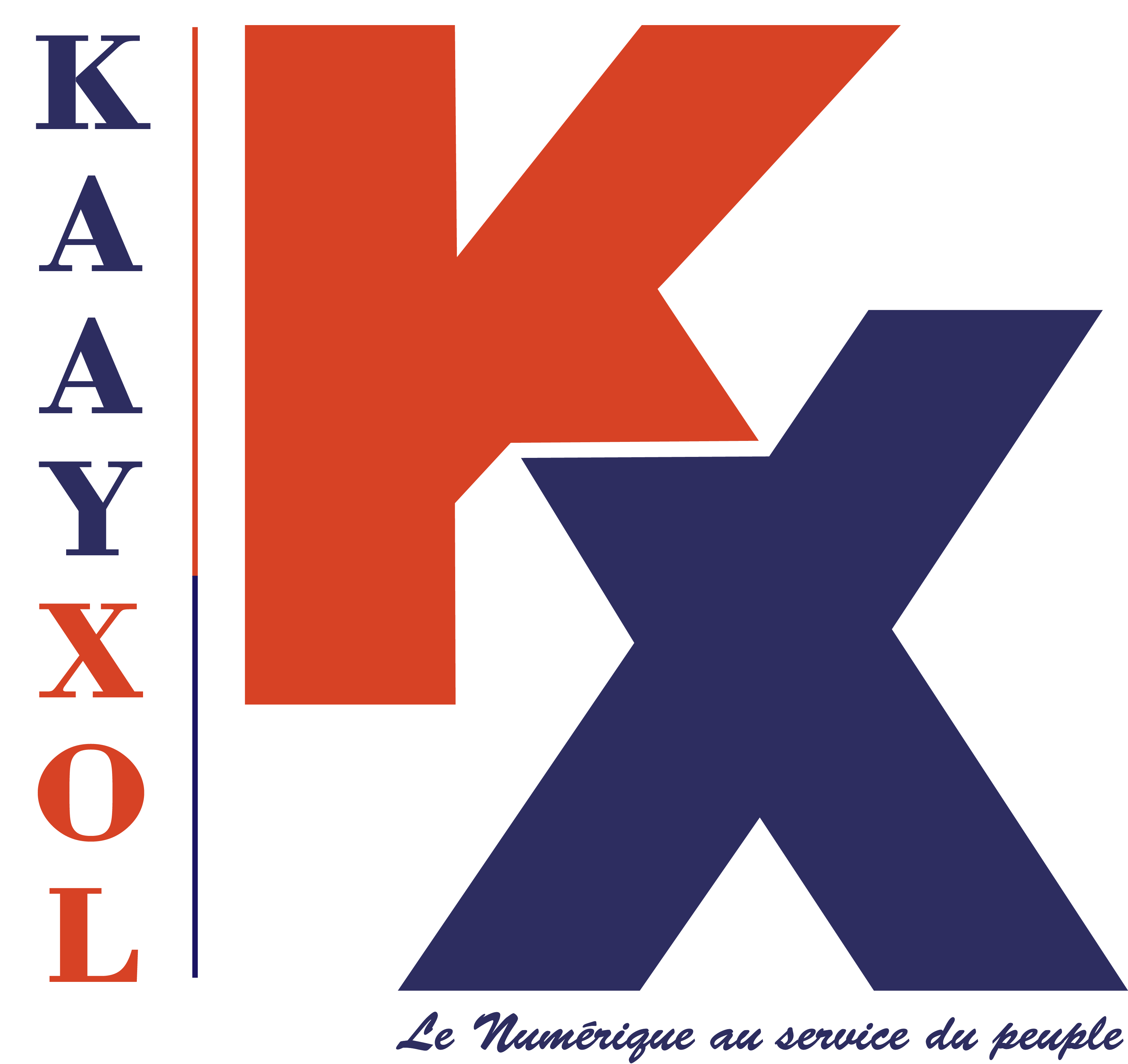Notifications
Posted by - Support KAAYXOL -
on - Tue at 3:12 PM -
Filed in - Technology -
-
14 Views - 0 Comments - 0 Likes - 0 Reviews

NVIDIA has become a darling of the tech industry in recent years as its AI chips have become crucial to the ambitions of giants like Meta, Microsoft, and Google. These companies are in an intense battle for AI dominance and are spending tens of billions of dollars to buy these chips from NVIDIA.
However, recent reports have highlighted delays in shipments of NVIDIA's next-gen Blackwell GB200 accelerators, largely due to overheating concerns. This could work in Samsung's favor as it hopes to secure a potentially lucrative order from NVIDIA for its high-bandwidth memory chips.
High-bandwidth memory chips are a crucial component of AI accelerators. Up to 576 units of latest HBM are incorporated in the latest GB200 platform. SK Hynix has emerged as the leading supplier of HBM3 chips to NVIDIA.
Even though Samsung's HBM3 chips are “Jensen approved,” they've yet to pass NVIDIA's checks, largely due to overheating issues as well, though NVIDIA CEO Jensen Huang said as recently as last week that Samsung has a good shot of making it past the finish line.
The memory accounts for a major chunk of the thermal load in AI data centers. With HBM chips mounted in close proximity to the processors, an overheating memory chip alongside a processor that tends to run hot is not an ideal scenario for these accelerators.
NVIDIA has been sorting out the design issues in Blackwell before it begins shipping the next batch. Meta and Google have reportedly ordered $10 billion worth of GB200s while Microsoft is said to have ordered 65,000 units for itself and OpenAI, with prices between $30,000 and $40,000 per unit. Some of NVIDIA's clients have reportedly postponed their Blackwell orders or have requested the company to provide them with previous generation Hopper accelerators.
If NVIDIA needs more time to sort out Blackwell's issues, it provides that much more time for Samsung to do whatever it needs to do in order for its HBM3 chips to meet NVIDIA's criteria. This might ultimately help Samsung in securing a decent number of orders for Blackwell.
Samsung already has its sights on the subsequent generation of accelerators as it has renewed its focus on HBM4, aiming to prevent SK Hynix from completely dominating this lucrative market.
The post NVIDIA’s Blackwell issues might be just what Samsung needs appeared first on SamMobile.

